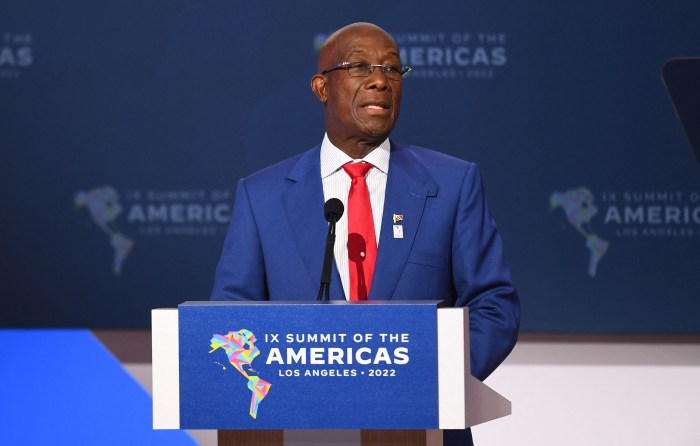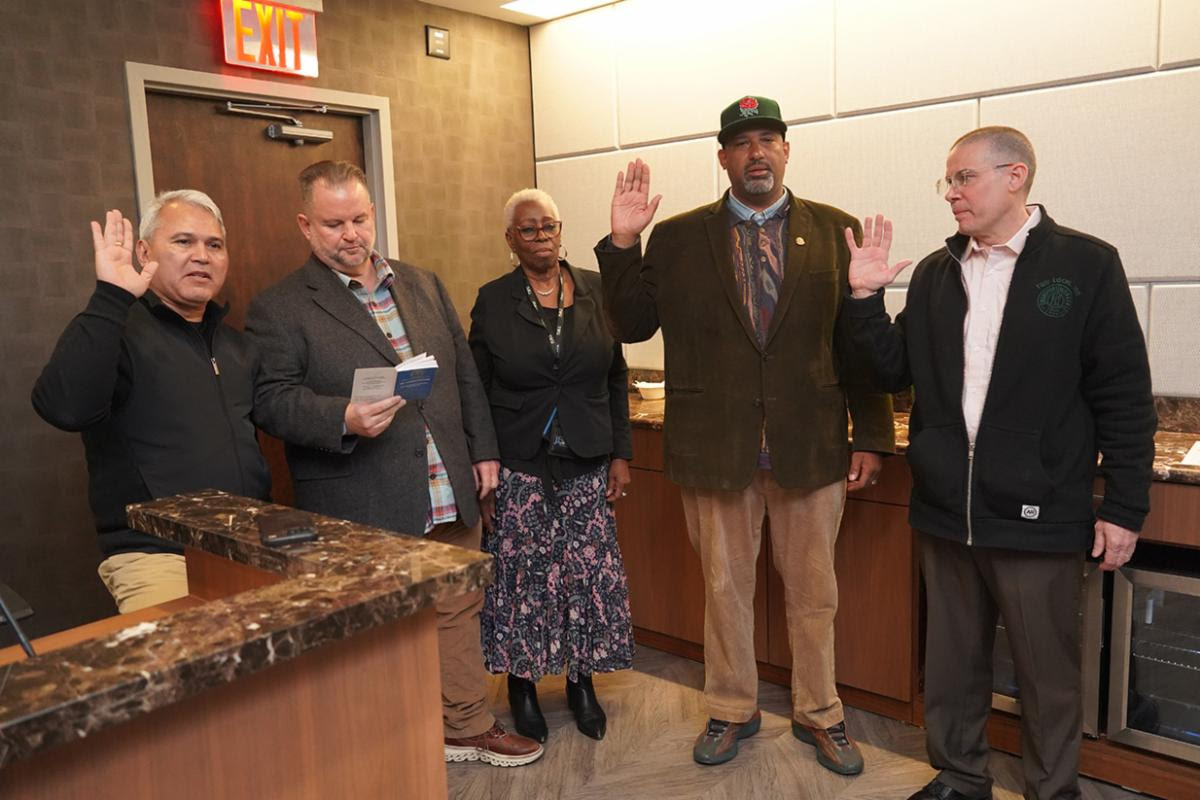Who said “no man is an island?”
Certainly not Ian Fleming, the writer who wrote “my name is Bond – James Bond.”
He first introduced that identifier in 1962 in a film titled “Dr. No” just two months after Jamaica shed its dependency on its imperial governors.
As a matter of fact, the British novelist and Jamaican resident repeated the line in all his novels and films to successfully clue audiences throughout the world of a spy numbered 007 able to outsmart the most heinous criminals from Asia and Eastern Europe.
That Jamaicans celebrated two coming out events that year was not lost on the international community.
For the island independence signalled a historic, milestone achievement, unprecedented by any British colonial territory in the Caribbean.
And for Fleming, the first of what became a 24-film series shattered ticket sales at box-offices throughout the world; establishing Sean Connery as an international sex symbol, and also showcased the island / nation as an adventure spot.
To commemorate these two special anniversaries, The Jamaica Committee and the Jamaica Tourist Board (JTB) hosted “Fifty-Five By Two” on Nov. 28.
Held at the historic Miracle Theatre in Coral Gables, Florida, the charity gala featured a red-carpet event in the theatre’s grand vestibule commemorates the two historic events.
Fleming first visited Jamaica in 1942 while serving as a naval office in the Royal Navy. Reportedly he was there to attend an Anglo-American intelligence summit. His biographer wrote that “despite the constant heavy rains during his visit, he decided to live on the island once the war was over.”
Fleming made Oracabessa in the parish of Saint Mary his home. In 1945, Fleming had a house built, he named it Goldeneye.
Named from his wartime “Operation Goldeneye” in 1941 he had published a novel “Reflections in A Golden Eye,” which described the use of British naval bases in the Caribbean by the American navy.
From the serene house and estate he wrote many novels.
Some of his neighbors included author Noel Coward and Blanche Blackwell, the mother of Chris Blackwell, founder of Island Records who signed Robert Nesta Marley to a recording deal..
Needless to say a visit to Goldeneye is eye-candy for any visitor.
Located on a hilltop, the grassy, estate overlooks the beautiful Caribbean Sea and remains one of the island’s most scenic landmarks. This Insider considers the spot a treasured and privileged retreat revisited on many occasions.
Chris has maintained the property in pristine condition and on a visit there the many artifacts remain as if Fleming might be out for a stroll and could return for afternoon tea.
It is there that Fleming penned numerous films including:“Thunderball,” “Goldfinger,” “Live & Let Die,” “You Only Live Twice” and “Dr. No.”
The latter was the first of 24 James Bond films that established the series one of the highest grossing ever. It is estimated that since its release, a quarter of the world’s population have seen at least one Bond film.
Allegedly, Fleming lifted the name James Bond from a book on Jamaican birds. Fleming admitted that having “created the charming, debonair, devilish, charismatic character, the simple, steely name, James Bond was a perfect summation.”
It is no wonder James Bond, in his first appearance in “Dr. No” uttered the line “my name is Bond, James Bond” to premiere on world screens with phenomenal success 55 years ago.
The film also launched a successful genre of “secret agent” films that flourished in the 1960s. The UK Film Distributors’ Association stated that the importance of “Dr. No” to the British film industry cannot be overstated, as it, and the subsequent series of films, “form the backbone of the industry.”
Jamaicans were hired to portray numerous roles. Port Antonio-born, Martine Beswick, a model, debuted in the film and honed her career afterward as an actress and Bond girl featuring in “Thunderball” and “From Russia With Love.”
Byron Lee & The Dragonaires appeared in “Dr. No” and performed some of the music on the later soundtrack album.
The bandleader along with Ernest Ranglin and Carlos Malcolm appeared on the soundtrack.
Ranglin, who had acted as arranger on several tracks, and Malcolm sued the film company for unpaid fees. They both won an out of court settlement for royalties and fees.
Malcolm and his band performed a year later at the film’s premiere in Kingston.
The film was released just two months after Jamaica gained independence on Aug.1962.
While in Jamaica in 1964, an ailing Fleming wrote the first draft of the film “The Man With The Golden Gun.”
He died later that same year at age 56.
In 2011 Fleming became the first English-language writer to have an international airport named after him.
The Ian Fleming International Airport located near Oracabessa, Jamaica was officially opened on Jan. 12, 2011 by Jamaican Prime Minister Bruce Golding and Fleming’s niece, Lucy.
“We are pleased that the Jamaica Tourist Board is partnering with The Jamaica Committee Inc. of Florida to celebrate these two significant milestones,” Donnie Dawson, Jamaica’s Acting Director of Tourism said.
“As a destination, we have contributed much to the global landscape in not just film, but music, sports as well as the performing and fine arts and hope Jamaicans and lovers of Jamaica will support Fifty-Five By Two.”
The Jamaica Committee Inc. is using the occasion of both anniversaries to organize the gala event from which the proceeds raised will go toward five charities: Chi Chi Bud, Jamaica Epilepsy Association, Maxfield Park Children’s Home, The Animal House and Victims of the September Storms.
Ortanique on the Mile, a reputable Jamaican restaurant in Florida has collaborated to provide the culinary menu for the occasion.
With a pledge to satisfying every palate and highlight the nation’s birth the affair will epitomize the glitz and dynamism of Bond.
The event will also feature Bond’s exclusive martini “Shaken, not Stirred.”
Entertainment for the evening will comprise a variety of music genres including mento and ska.
Exclusive, never-before released photographs taken on the “Dr. No” set 55 years ago will be on display during the evening.
The landmark “Dr. No” film will be screened following a reception.


























